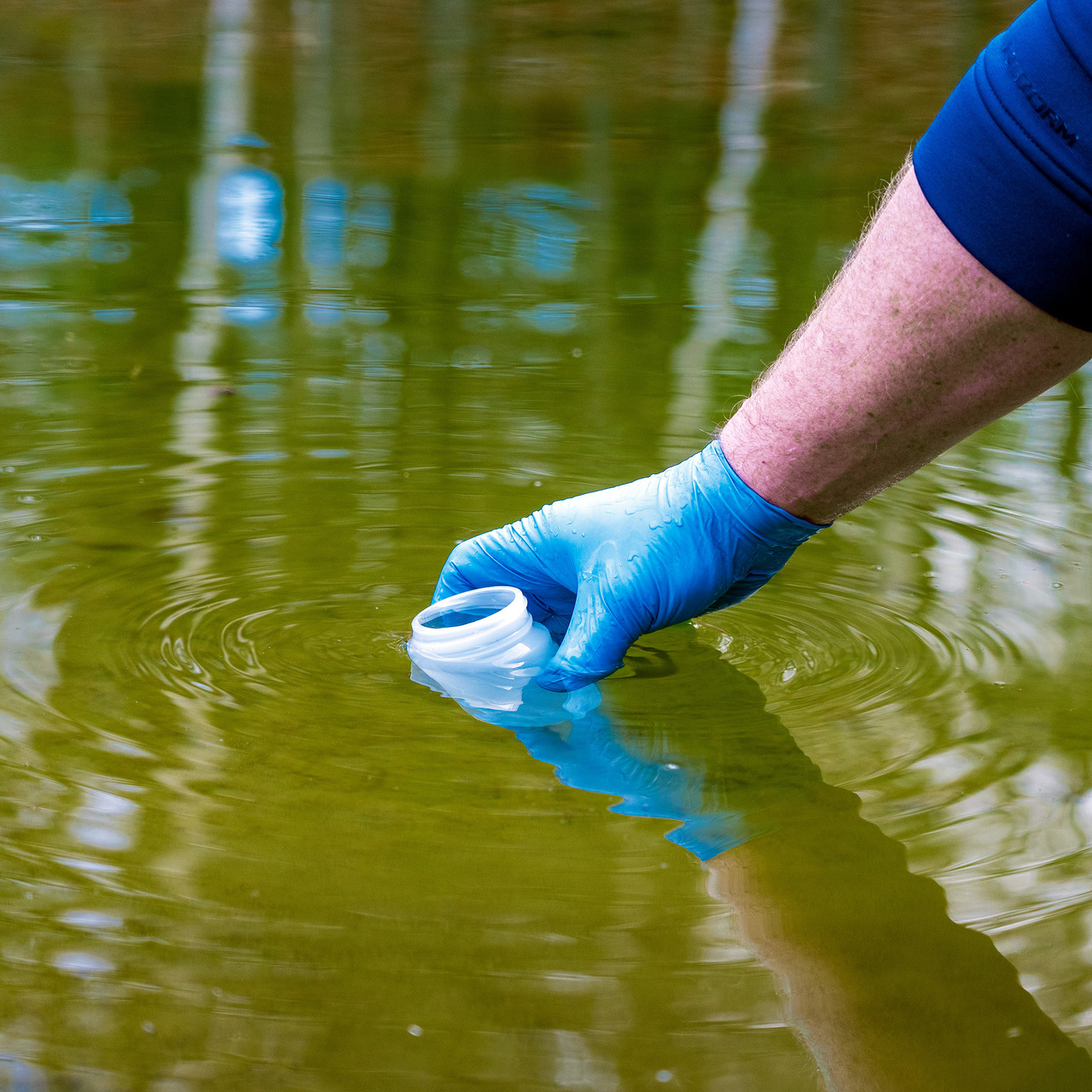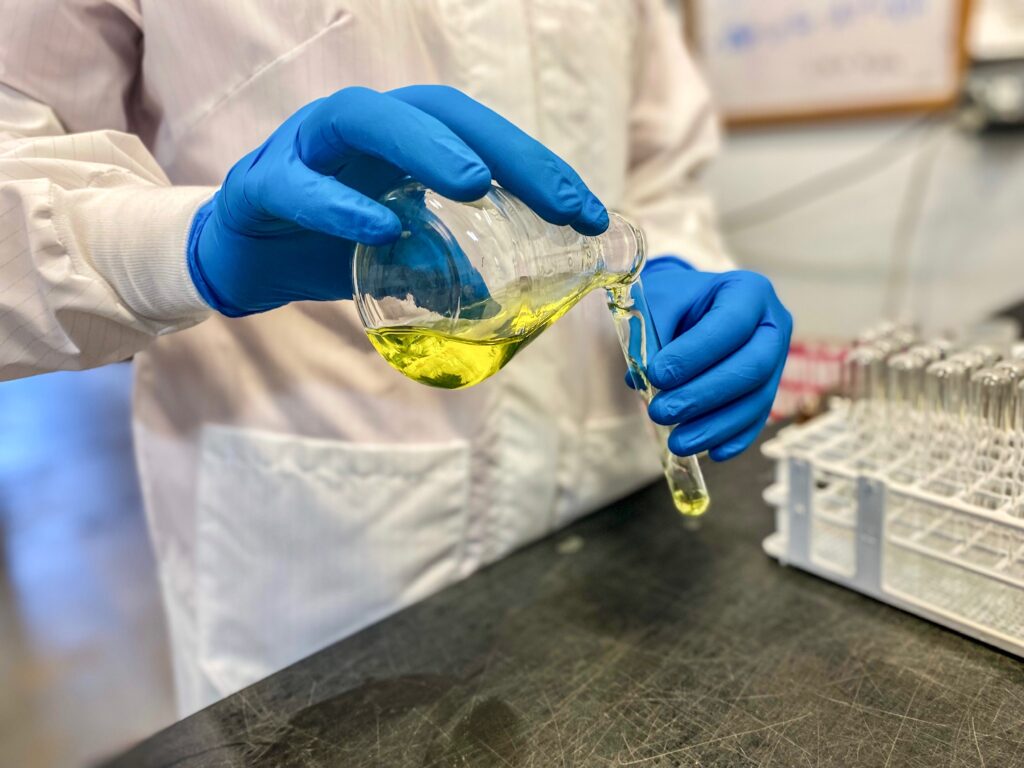Learn Just How Water Screening Can Detect Pollutants and Protect Your Household's Health
Recognizing the importance of water testing is vital for safeguarding your family members's wellness, as our water supply can harbor hidden threats. By discovering the technicians of water testing, one can discover the unnoticeable dangers lurking in apparently immaculate water sources.
Significance of Water Testing
Identifying the essential duty water plays in maintaining life, the value of water screening can not be overstated. Water is an essential resource, crucial for drinking, cooking, sanitation, and numerous industrial procedures. Its high quality directly affects public health and health. Making certain that water is totally free from unsafe compounds is crucial for preserving healthy and balanced neighborhoods and ecological communities.
Water screening works as a positive procedure to recognize potential risks that may endanger water high quality. Via organized evaluation, it aids find physical, chemical, and organic criteria that can pose threats to human health. Routine testing permits the very early discovery of concerns, facilitating timely interventions to stop extensive contamination and connected wellness troubles.
Moreover, water screening sustains regulatory conformity, making certain that water companies fulfill well-known safety and security requirements and standards established by governmental authorities. It cultivates transparency and accountability, building public count on the water system. Testing offers valuable information that notifies water management strategies, making it possible for sustainable use and preservation of this valuable resource.
In significance, water screening is an important tool that safeguards public wellness, guarantees governing adherence, and advertises the sustainable monitoring of water resources. Its importance in protecting both areas and individuals can not be underestimated.
Typical Water Contaminants
Amongst the various elements that can endanger water quality, typical water impurities include a variety of physical, chemical, and organic compounds that posture considerable threats to human wellness and the atmosphere. Physical pollutants usually include sediments or organic materials put on hold in water, which can impact quality and preference. Chemical impurities encompass a wide range of materials, including pesticides, herbicides, metals like lead and mercury, and industrial chemicals. These chemicals can penetrate water supplies with agricultural overflow, commercial discharges, or seeping from pipelines and tank.
Organic impurities, primarily germs, infections, and protozoa, occur from animal and human waste entering water supply. Microorganisms such as E. coli, Giardia, and Cryptosporidium are well-known for creating intestinal diseases and can be especially hazardous to young kids, the elderly, and those with compromised immune systems. Nitrates and nitrites, frequently coming from fertilizers, pose one more wellness risk, especially to babies, potentially causing problems like methemoglobinemia or "blue baby disorder."
In addition, arising contaminants, including drugs and individual care items, have actually increased worries because of their perseverance and unknown long-lasting effects. Comprehending these pollutants is vital for carrying out effective water therapy strategies and guaranteeing secure alcohol consumption water.
How Water Testing Works
Understanding the range of impurities in water emphasizes the relevance of efficient screening approaches to secure public wellness. Water testing is a systematic process created to identify and evaluate different impurities that might present threats to human wellness.
Chemical testing usually includes spectrometry or chromatography, both of which can identify and gauge particular chemical compounds. Additionally, physical attributes like ph, color, and turbidity are evaluated to provide understanding right into the general high quality of the water.
The exact approaches used in water testing depend on the specific pollutants of problem and the water's meant usage. By constantly applying these extensive testing methods, scientists and public health and wellness page officials can make certain the safety and quality of water, consequently protecting communities from prospective health dangers.
Picking the Right Examination
Exactly how does one identify the most ideal water test for their needs? Selecting the right test entails recognizing both the certain features of the water resource and the potential pollutants that may be present. The very first step is assessing the water source-- be it municipal, well, or surface area water-- as each has distinct dangers. Community water could require screening for disinfectant byproducts, while well water might require screening for nitrates, germs, and heavy steels.
Next, take into consideration recent events and ecological factors. Nearby agricultural tasks could necessitate testing for herbicides and pesticides, whereas commercial areas could need checks for chemical toxins. Furthermore, any type of modifications in water smell, look, or preference should prompt specific screening for common contaminants like lead, chlorine, or organic virus.
Expert water screening services offer comprehensive packages that target a variety of potential pollutants. These packages commonly line up with requirements set by the Environmental Security Company (EPA) or regional health and wellness departments. For a more customized technique, talking to a water high quality specialist can offer insights right into which details tests are necessary based upon regional problems and specific health and wellness needs, ensuring the defense of your house's wellness.

Preserving Water Safety

In enhancement to screening, correct upkeep of water supply plays an important function. look at more info This consists of evaluating and servicing pipes systems, tank, and septic tanks to avoid leaks or backflow that can present impurities - Well water testing services. Utilizing water filtering systems designed to address particular neighborhood problems can even more protect against pollutants, offering an additional layer of protection
Public understanding and education and learning are similarly essential in maintaining water safety and security. Communities should be informed concerning prospective dangers connected with regional water sources and the essential actions official source to minimize them. Encouraging public participation in water safety and security efforts cultivates a cumulative obligation that improves overall performance.
Inevitably, a comprehensive strategy that integrates regular screening, system upkeep, and community involvement is vital in protecting water top quality. By doing so, households can be assured of clean and secure water, securing their health and well-being.

Final Thought
Regular water testing is vital for determining pollutants such as microorganisms, hefty metals, and chemicals that pose health and wellness threats. By assessing water samples, undetected threats can be spotted, making sure the arrangement of risk-free alcohol consumption water.
Recognizing the value of water screening is essential for protecting your household's health and wellness, as our water supply can harbor unseen threats.Water screening offers as an aggressive action to recognize prospective threats that might endanger water high quality.Additionally, water screening sustains governing compliance, making sure that water providers meet recognized safety criteria and guidelines set by governmental authorities. Local water may require screening for disinfectant by-products, while well water may need testing for nitrates, germs, and heavy steels.
Regular water screening is an important element in keeping the quality of water resources, allowing prompt interventions before impurities reach unsafe degrees.